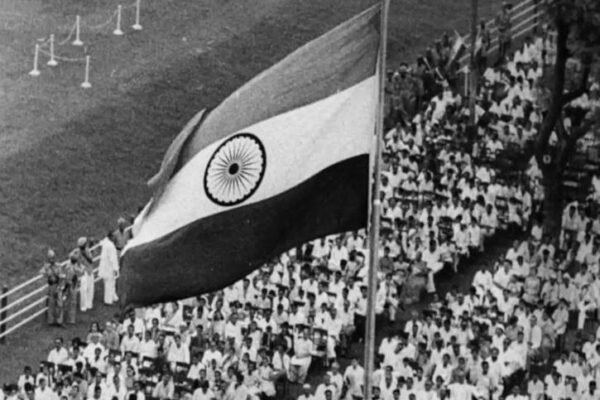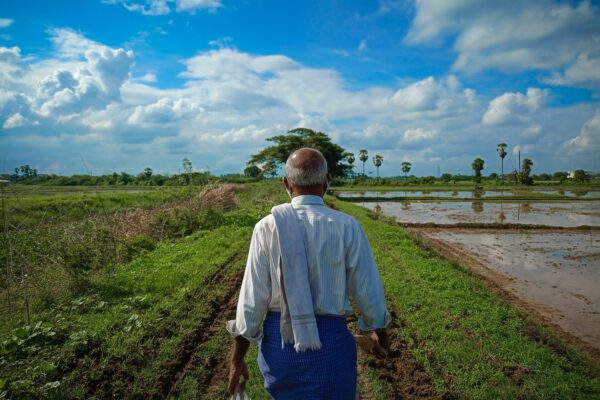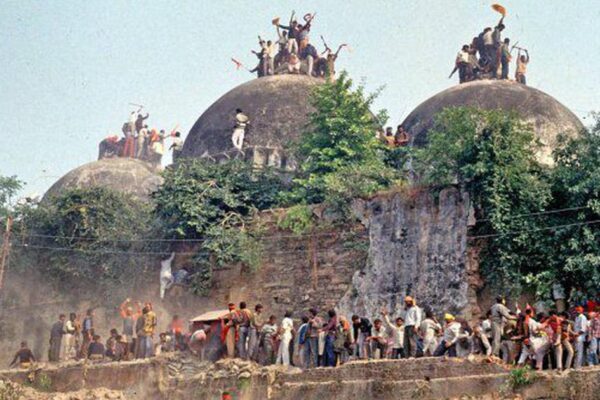“They snatched his body and forcibly buried him. Nobody from the family was present for his burial. We tried to resist but they overpowered us and even scuffled with women,” his son Naseem Geelani told Associated Press.
“They snatched his body and forcibly buried him. Nobody from the family was present for his burial. We tried to resist but they overpowered us and even scuffled with women,” his son Naseem Geelani told Associated Press.
NEW DELHI — Syed Ali Geelani, the foremost leader in Kashmir, who maintained a defiant opposition to Indian rule over the disputed territory, died Wednesday night after battling aging-related health issues. He was 91.
Indian authorities responded by immediately laying siege around the region — increased troop presence on streets, and suspended internet and cell services.
Syed Omar, a friend of Geelani’s family, told The Muslim Vibe that Geelani passed away at around 10 PM on Tuesday at his home in Srinagar city while he was under house arrest.
As the news of his death went out, a large number of police and paramilitary forces surrounded Geelani’s house to prevent public gatherings. The police prevented the family from fulfilling Geelan’s wish — that he should be laid to rest in the city’s martyrs graveyard and instead forced them to bury him at a local cemetery near his house before sunrise, Omar said.
“They snatched his body and forcibly buried him. Nobody from the family was present for his burial. We tried to resist but they overpowered us and even scuffled with women,” his son Naseem Geelani told Associated Press.
As authorities enforced severe restrictions, blocking roads with barricades, markets and offices were shut across the region and people mostly stayed indoors. The paramilitary troops carrying assault rifles patrolled the streets in cities and towns while the internet shutdown restricted the ability of the people to communicate.
Kashmir has seen the highest internet shutdown in the world. In August 2019, India imposed a digital siege which lasted for months after revoking the special autonomous status.
Geelani was a champion of Kashmir’s right to self-determination. He personally rooted for the region’s accession with Pakistan. Kashmir is a Muslim majority territory disputed between India and Pakistan since 1947, following Indian British rule over South Asia.
Geelani was a leader who attained a cult status in Kashmir. People used to call him ‘Bab’, father in the Kashmiri language, and had coined slogans around his name that hailed his uncompromising stand on resistance to Indian rule.
In the 70s and 80s, Geelani thrice served as a lawmaker to the local legislative assembly representing the Jamaat-e-Islami party. But in the late 80s he quit election politics after an insurgency broke out against Indian rule in Kashmir with thousands of young boys crossing the border into Pakistan for arms training.
In 1993 as the Indian military crushed the rebellion, Geelani co-founded Hurriyat Conference, an amalgam of political groups who opposed Indian rule in Kashmir. Unlike some of his colleagues, he largely opposed dialogue with India as he was skeptical of the latter’s intent towards the resolution of the Kashmir dispute. It earned him a tag of ‘hardliner’ in Indian media.
“It was not an outright refusal. For him, no engagement was meaningful until the Indian state recognised Kashmir as a disputed region in the spirit of a raft of UN Security Council Resolutions,” journalist Hilal Mir wrote in TRT World.
Geelani, who based his politics on Islamic principles and maintained a pro-Pakistan stand, singularly opposed the famous four-point formula proposed by former Pakistan president General Parvaiz Musharaf to solve Kashmir – arguing that it does not go in line with the aspirations of Kashmiris.
From 2010 onwards he was largely placed under house arrest by police but spearheaded strikes and public rallies against by giving calls for protests which were keenly followed by people, particularly youth. Experts say his death will leave a vacuum in the resistance politics in Kashmir.
Pakistan announced a day of national mourning on Geelani’s death. “We in Pakistan salute his courageous struggle and remember his words: ‘We are Pakistani and Pakistan is ours,’” Prime Minister Imran Khan said on Twitter.
Reports said that groups of youth clashed with paramilitary forces in protest in Srinagar on Thursday.
Meanwhile, in Kashmir, authorities enforced restrictions even on the second day. The cellphone and the internet services were also shut and public presence on roads was sparse.





